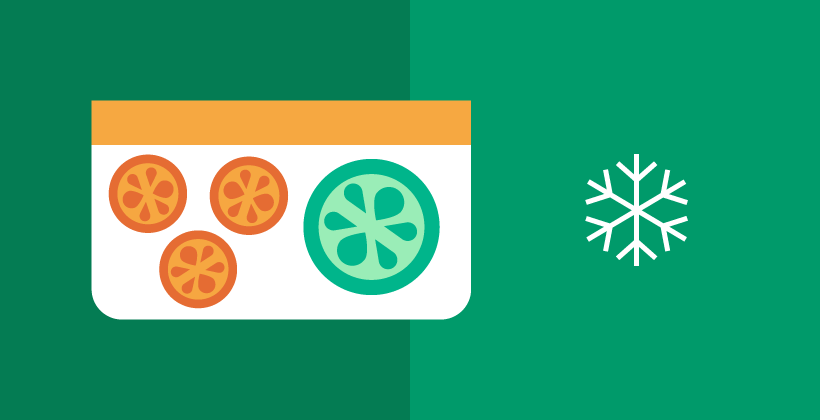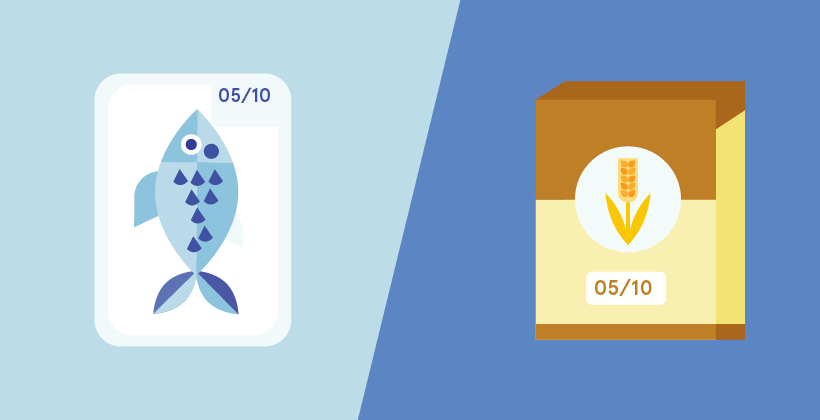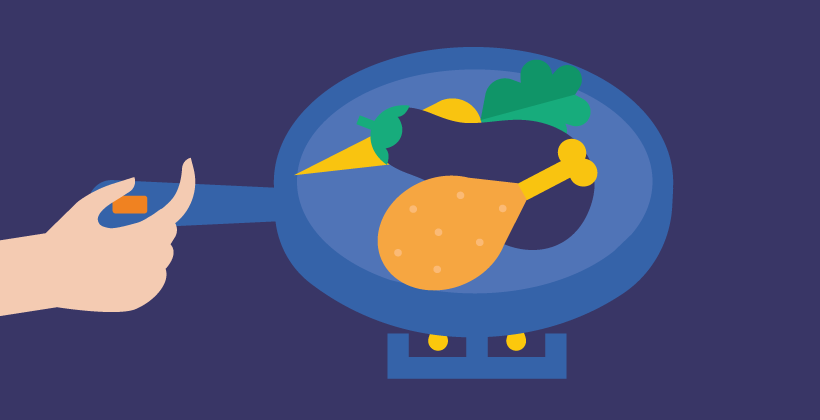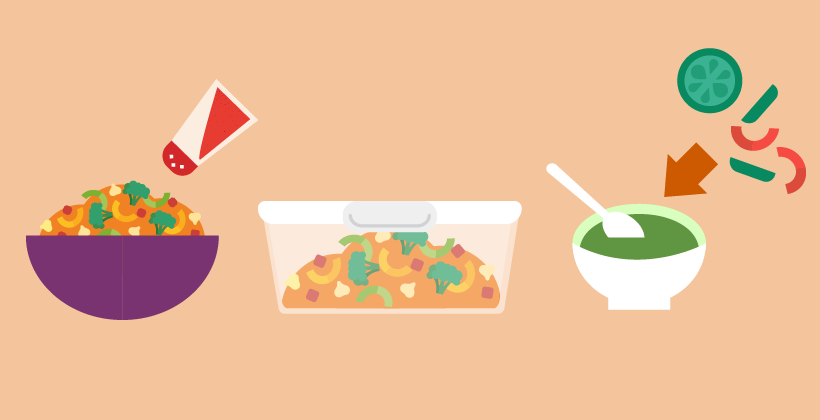Is it safe to eat eggs after the expiration date?
Last Updated : 12 September 2021Eggs are versatile and nutritious: you can scramble, bake, poach, and fry them and, on top of that, they are a very good source of high-quality proteins, vitamins A, B12, D and E.1 But are they still safe to eat after the expiration date? This article explains date labelling of eggs in Europe and provides tips on how to store and handle eggs.
How long are eggs good after the expiration date?
The durability of eggs depends on several factors including their storage conditions and the handling.2 In the EU, eggs are marked with a best before date, which is fixed by law at no more than 28 days after the egg was laid.3 While it is ideal to eat eggs before this date has passed, they are often still be safe to eat after this date, but its quality may have decreased. For example, you might notice changes in colour, flavour or texture if you choose to eat eggs after the best before date.4
Keep in mind that extending the storage time can increase the risk of infections for uncooked and for slightly cooked eggs. The more time passes since the expiration date, the more the risk increases!1 As a result, if you choose to use eggs after the best before date has past, make sure that they look and smell normal (odourless), and use in baking or other dishes where they will be thoroughly cooked.5,6 Throw away any eggs that smell rotten or bad upon cracking the shell.
The best before date on eggs will only be accurate if the food is stored correctly. Some basic egg storage rules include:7
- Eggs should be kept in in the fridge after purchase. Try to avoid changes in storage temperature because that can lead to water condensation on the shell, which can promote bacterial growth and penetration into the egg
- Eggs should not be washed before storage. Washing them can remove the protection cuticles and favour contamination. If the surface of the egg shells is visibly dirty, wash them only directly before cooking.
- Broken and cracked eggs should be discarded.
Checking the eggs with the ‘float’ test can give you a hint of the age of the egg3 but this is not a reliable way to ensure quality or safety of an egg.7 To perform the float test, place the egg in cold water. As they age, more gas accumulates inside the eggs and their density decreases. So, if the egg floats or when the blunt tip pops out of the water, this is an indication that an egg is older than one that sinks to the bottom of the water.5 Regardless of whether an egg floats or sinks, do not consume any eggs that smell rotten.
How long do hard-boiled eggs last?
During boiling, the natural protective layer of the eggshell removed, opening the pores.2 This makes it possible for harmful bacteria from the outside to enter and contaminate the egg. Therefore, you should eat your cooked eggs as soon as possible. If you are not going to eat them straight away, cool them quickly, store them in the fridge and eat them within 2 days.8
How to handle eggs safely?
Finally, and before cooking your eggs, make sure that you will be following good hygiene practices, because microorganisms may still be present on the shell, contaminating foods, hands, utensils and surfaces: wash your hands properly, clean the work area and keep the eggs away from other foods.
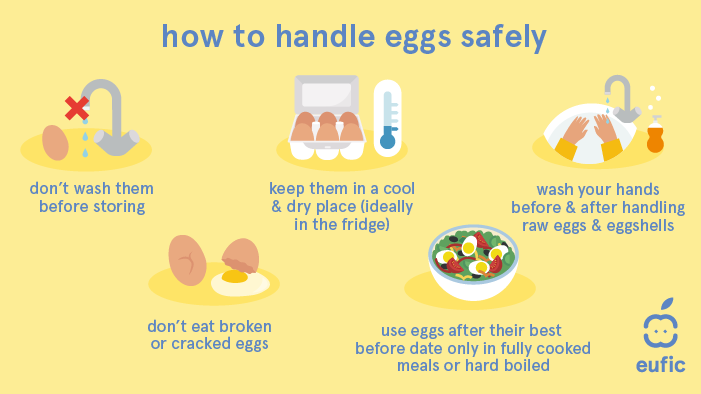
It may be a shame to throw out expired eggs, but if you are in doubt or if you suspect that the egg may be spoiled, it is better not to risk your health. Next time, when buying eggs, remember to check the best-before date and plan your meals: make sure that you have time to consume the eggs while they are still at the peak of their quality.
References
- EFSA (2014) Scientific Opinion on the public health risks of table eggs due to deterioration and development of pathogens. EFSA Journal. 12(7):3782.
- Vaclavik VA, Christian EW (2014). Eggs and Egg Products. In Essentials of Food Science. Springer, New York, NY. 173-199.
- Commission Regulation (EC) 589/2008 of 23 June 2008 laying down detailed rules for implementing Council Regulation (EC) No 1234/2007 as regards marketing standards for eggs
- EFSA (2020) Guidance on date marking and related food information: part 1 (date marking). EFSA Journal. 18(12):6306.
- Austrian Agency for Health and Food Safety (2020) Tips on the shelf life of foods
- ANSES (2020). Good practices for preventing foodborne infections during the lockdown
- Cardoso MJ, et al. (2021) Salmonella in eggs: From shopping to consumption-A review providing an evidence-based analysis of risk factors. Compr Rev Food Sci Food Saf. 20(3):2716-41.
- Food Standards Scotland. Storing, handing and preparing eggs safely.
